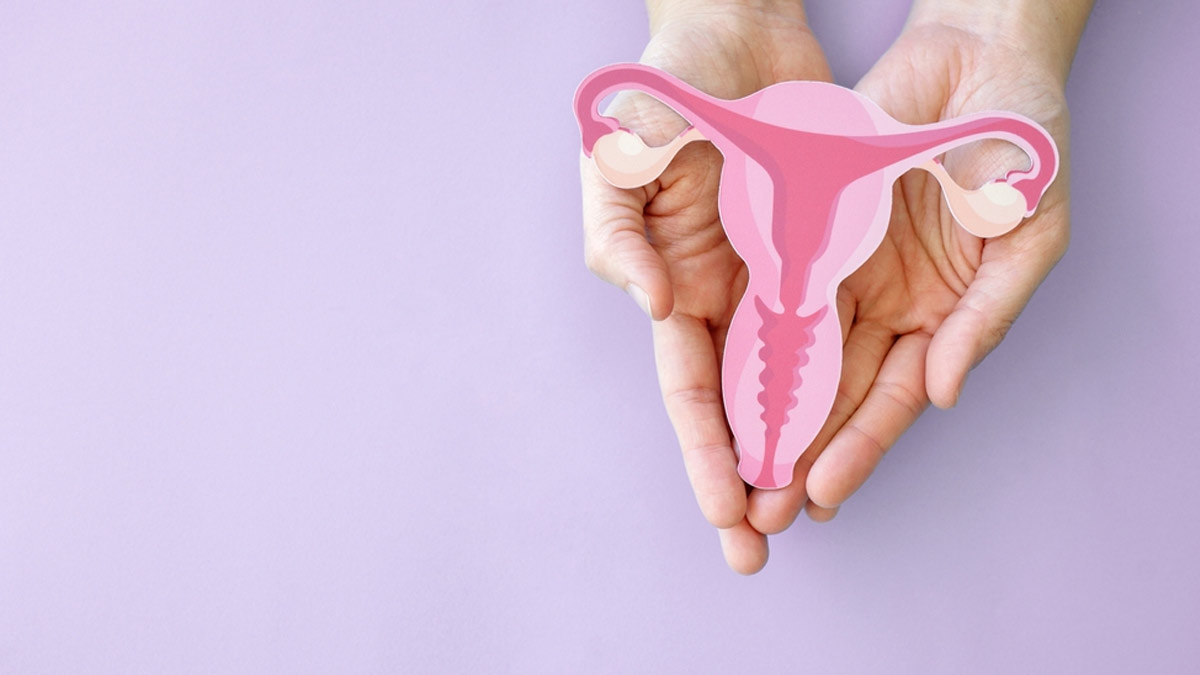
Polycystic Ovary Syndrome (PCOS) affects millions of women worldwide, causing hormonal imbalances and a range of symptoms such as irregular periods, acne, and weight gain. While PCOS cannot be cured, its symptoms can be managed effectively through lifestyle changes, particularly focusing on diet and exercise. Adopting a PCOD diet and exercise plan is crucial for women with PCOS to alleviate symptoms and improve overall health.
Table of Content:-
We spoke to our expert Dr Kapil Dave, Director Sports - Sharda University to shed some light on the importance of diet and exercise in managing PCOD. Here is what he shared with us.
PCOD Diet: What to Eat?
Choosing the right foods is essential for managing PCOS symptoms. A PCOD diet should primarily consist of unrefined, natural foods that are low in processed sugars and high in essential nutrients. Here are some dietary guidelines for women with PCOS:
1. Unrefined and Natural Foods
Opt for whole grains, legumes, and minimally processed foods to stabilise blood sugar levels and improve insulin sensitivity.
2. Fish Rich in Omega Fatty Acids
Include fatty fish like tuna, salmon, sardines, and mackerel in your diet to reduce inflammation and support hormone regulation.
3. Green and Leafy Vegetables
Load up on nutrient-dense greens such as spinach, kale, and broccoli to provide essential vitamins and minerals.

Also Read: World Down Syndrome Day 2024: 10 Tips for Caregiving Parents
4. Dark Red Fruits
Choose fruits like grapes, cherries, and berries that are rich in antioxidants and low in sugar to help manage insulin levels.
5. Healthy Fats
Incorporate sources of healthy fats such as coconut oil, olive oil, avocados, and nuts to support hormone production and maintain satiety.
6. Spices
Add anti-inflammatory spices like turmeric and cinnamon to your meals to reduce inflammation and improve insulin sensitivity.
7. Moderate Amounts of Dark Chocolate
Indulge in dark chocolate in moderation, as it contains antioxidants and may help regulate mood and cravings.

Foods to Avoid
1. Refined Carbohydrates
Minimise consumption of cakes, pastries, white bread, and other refined carbohydrate products to prevent spikes in blood sugar levels.
Also Read: Expert Shares 6 Health Benefits of Drinking Fennel Tea
2. Fast Food and Fried Items
Avoid fast food and fried foods such as fries, pizza, and burgers, which are high in unhealthy fats and contribute to weight gain.
3. Processed Meat
Steer clear of processed meats like sausages and bacon, which can exacerbate inflammation and hormonal imbalances.
4. High-Sugar Fruits
Limit intake of high-sugar fruits like bananas, mangoes, and jackfruit, as they can cause rapid increases in blood sugar levels.
5. Red Meat
Reduce consumption of red meat, pork, and ham, as they may contribute to insulin resistance and inflammation.
PCOD Exercise: Importance and Recommendations
Exercise is an integral component of managing PCOS, as it helps improve insulin sensitivity, regulate hormones, and promote weight loss. Here are some exercise recommendations for women with PCOD:
1. Cardiovascular Exercise
Incorporate cardio workouts such as walking, running, swimming, cycling, or rowing into your routine to improve cardiovascular health and aid in weight management.
2. Strength Training
Include strength training exercises to build muscle mass, increase metabolism, and enhance insulin sensitivity.
3. Yoga and Meditation
Practice yoga asanas, meditation, and breathing exercises to reduce stress levels, improve mood, and promote relaxation.
4. Core Strength
Strengthen your core muscles through exercises like planks, crunches, and leg raises to support posture and stability.
5. High-Intensity Interval Training (HIIT)
Incorporate HIIT workouts into your routine to maximise calorie burn and improve cardiovascular fitness in less time.
Consultation and Personalisation
It's essential for women with PCOS to consult with healthcare professionals, including dieticians and physicians, to develop a personalised diet and exercise plan tailored to their specific needs and goals. These experts can provide guidance on nutritional requirements, exercise intensity, and lifestyle modifications to effectively manage PCOS symptoms and improve overall health.
A Final Word
Adopting a PCOD diet and exercise plan is crucial for women with PCOS to alleviate symptoms, regulate hormones, and improve overall well-being. By making healthy food choices, engaging in regular physical activity, and seeking professional guidance, women with PCOD can take control of their health and enhance their quality of life.
Also watch this video
How we keep this article up to date:
We work with experts and keep a close eye on the latest in health and wellness. Whenever there is a new research or helpful information, we update our articles with accurate and useful advice.
Current Version